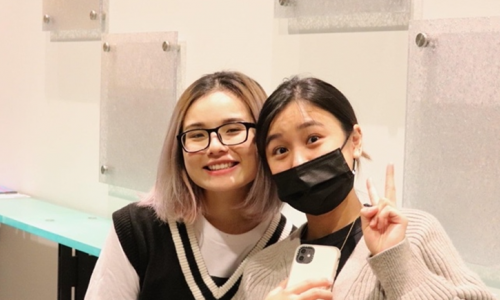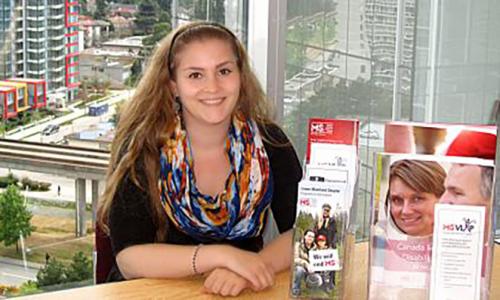
Do you have people knocking at your door, asking for your expertise? Did you want to say yes to all of them, but didn’t know if you could handle all of it? Say “no” now, so that you can say yes to the things you truly want later.
Sometimes, we fall victim when people ask for a favor, and we do not have the heart to say no. There are millions and millions of opportunities out there, but you have to figure out what matters to you before saying yes. I have three tips that will help you say “no” so you can say “yes” to the things that matter.
Tip 1: Ask Yourself “Does it Matter?”
“Those who mind don’t matter, those who matter don’t mind.” Dr. Seuss said it best and reminds us to ask ourselves if this situation matters to you. Will this favor move you towards your goals? Start saying no to the things that do not matter, and you will find that you are much more focused on what you truly want to do.
For example, my goal is to go on a trip to an amazing place every year so I can explore the world. In order to do this, I spend hours searching for cheap plane tickets and saving money. Whenever I was asked to go out for lunch or dinner with my friends, I would think back to my dream of eating street food in the famous Taiwanese Night Market and I would be reminded of how it is worth it to eat my packed lunch instead! I had to focus on what mattered to me and say no to things that mattered less. Eventually, through my diligent monitoring, I found tickets for less than $400 round trip to China, which freed up some more cash for shopping and eating!
Tip 2: Ask Yourself “What are the Opportunity Costs?”
Opportunities are like a deck of cards. Which cards are the most powerful in your deck, and which one do you want to play first? If you play the weaker card first so you can play your powerful combo after, you may miss the opportunity to play your powerful combo depending on what the other player does. There are opportunity costs to choosing one activity over another, thus it is crucial to make the right pick the first time.
I used to base my decisions on what I liked to do instead of what was important for me to do. The difference is that the important activities will move you forward, while the others often hold you back. In my third year at SFU I took on many leadership roles in school clubs. It was during this same time in spring that I was offered a position to be a student caller for the Annual Alumni Appeal. In order to balance school and part-time work, I ended up passing off my responsibilities. My health was my priority and I knew that I would have too much on my plate if I tried to do everything! Ask yourself what else is on your plate and what is more important for you right now.
Tip 3: Ask Yourself “Will It Make Me Uncomfortable?”
Often, decisions are made easy by convenience. Are you going to an event because all your friends are going? It is important to think about pushing yourself out of your comfort zone because opportunities that allow this are often the most worthwhile.
An example of a time I pushed myself out of my comfort zone was when I started Toastmasters in September 2014. I was scared to death. But I ended up joining and I am the youngest member in the club among a crowd of amazing entrepreneurs. Sure, it would be nice to be home for dinner in my pajamas, but I learned that pushing myself out of my comfort zone has given me the most valuable experience. If you are doing something that is repetitive and familiar to you, it might be time to try something new and uncomfortable. Say no to the norm, and get ready to bring on the new!
It’s not always easy to say “no” to amazing opportunities, but asking yourself these three key questions will help you determine the best activities to optimize your time. We cannot buy back time, so it is best to decide what is truly important to you and use your time wisely!















